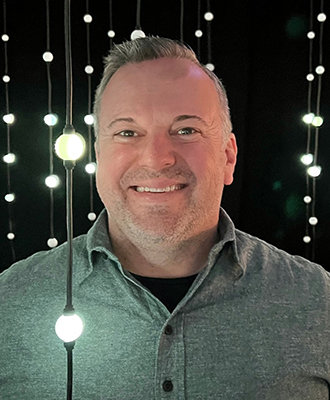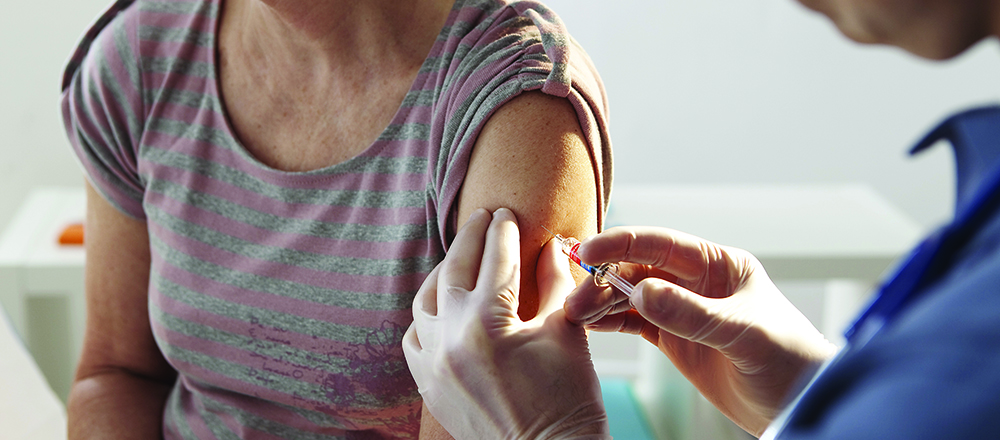
Although getting older brings new challenges, it’s never too late to adopt healthy habits to help you grow old gracefully. These tips for staying fit, eating right and keeping your mind sharp will help you feel great as the years go by.
Keep It Moving
“Patients always ask me for the drug with the fewest side effects and most benefits,” said Michael R. Brown, DO, a family medicine physician with Meritas Health Smithville. “I always prescribe exercise. It can counteract some of the changes that come with age.”
Exercise:
- Helps with weight management
- Reduces your risk of cardiovascular disease and diabetes
- Boosts your mood and improves your mental health
- Improves your balance, strength and flexibility
If you don’t have any limiting cardiology or orthopedic conditions, aim for:
- 150 minutes of moderate-intensity aerobic activity or 75 minutes of vigorous activity every week
- At least two days of strength training activities every week (work each major muscle group legs, hips, back, abdomen, chest, shoulders and arms)
Building a workout around your preferences makes it more likely you will stick with it. “Find things that bring you joy,” Dr. Brown said. “Be active and enjoy the benefits that come from it.”
North Kansas City Hospital offers many land and water fitness classes each month. From Interval Training for Weight Loss to Yoga for Chronic Pain, there’s something for everyone.
You Are What You Eat
Wine and cheese get better with age. With proper nutrition, the body can, too. “I encourage my patients to look beyond reaching their ideal weight and understand the general benefits of eating healthy,” said Samantha M. Fawcett, MD, a family medicine physician with Meritas Health Gashland. “Eating healthy plays a big role in how we feel and how much energy we have.”
Excessive weight gain later in life is a real concern. As your body ages, fat replaces muscle, your metabolism slows, and your level of physical activity may decline. To balance these changes, your daily calorie intake should decline, too.
Dr. Fawcett’s suggestions for eating healthier.
- Track what you eat for a week to see how many calories you eat and drink in a day.
- Learn to read food labels for sugar or sugar-like substances in different foods.
- When dining out, ask the server to bring a to-go box right away and take half home.
“Choose whole foods over processed foods, and avoid foods with added salt, sugar and preservatives,” Dr. Fawcett said.
If your diet needs an overhaul, the registered dietitians with NKCH and MH offer outpatient nutrition counseling services. You’ll need a referral, so talk with your primary care doctor first.
Stay Sharp
Memory loss and aging don’t always go hand-in-hand. However, there are many things younger people can do to help keep their brains sharp in later years.
Start training your brain today for good health later by:
- Maintaining a healthy heart
- Eating a balanced diet
- Having a positive outlook
- Maintaining social relationships
- Treating depression
- Avoiding head injury
Neurologists with NKCH and MH offer a range of treatment options for memory loss and other related conditions. Explore our neurological services.
Aging is part of life. Get better with age by exercising regularly, maintaining a balanced diet and developing other healthy habits to help you.
Explore More
8 Ways to Show Off Your Supermarket Savvy
Build a Brain Gym with These Easy Cognitive Exercises
Diabetes and Brain Health: There’s a Connection
Get Past the Excuses and Reap the Benefits of Exercise
What Does “Healthy Weight” Really Mean?



